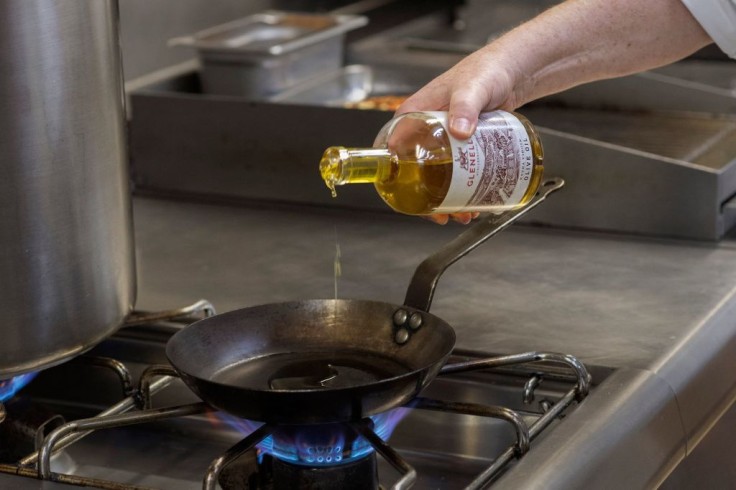
In a groundbreaking decision, Conagra Brands, the parent company of popular food brands like Pam and Chef Boyardee, has been ordered to pay a substantial $7.1 million penalty by a jury in Illinois.
This judgment comes as a result of a severe incident involving their explosive cooking spray, which left Tammy Reese, a Pennsylvania woman, with devastating second-degree burns. She was the first of the many burn victims across the country with similar accidents that occurred with Conagra-made cooking spray brands.
The Conagra Cooking Spray Explosion
Tammy Reese, a resident of Shippensburg, Pennsylvania, endured a harrowing experience in May 2017 that would change her life forever.
While working in a social club kitchen, a can of Swell cooking spray, one of Conagra's products, spontaneously combusted. This terrifying incident caused severe second-degree burns on her head, face, hands, and arms. Ms. Reese spent weeks receiving extensive burn care in the aftermath of the catastrophic accident.
The jury's ruling favored Ms. Reese on various counts, including liability, design defect, failure to warn, and negligence and willful and wanton conduct.
The documents filed in Cook County Circuit Court on Monday stipulate that Conagra Brands must compensate Ms. Reese with $3.1 million in compensatory damages and an additional $4 million in punitive damages.
J. Craig Smith, Ms. Reese's attorney, emphasized the significance of the verdict, saying, "She's been through a lot, and she deserves this compensation. The can of cooking spray, in this case, was unreasonably dangerous, and they failed to warn about it.
Allegations of Defective Cans
The lawsuit put forward allegations that the cans in question were defective due to a U-shaped vent in the bottom, rendering them prone to explosion. Furthermore, it was asserted that the cooking spray contained "extremely flammable materials such as propane and butane."
Interestingly, this case is just one among approximately 50 pending burn victim cases against Conagra, currently litigated by Koskoff and Meyers & Flowers, the two law firms that represented Ms. Reese.
Conagra's Response
In response to the lawsuit, a spokesperson for Conagra Brands clarified that the specific type of cans under scrutiny had not been available for over four years.
The company expressed its disagreement with the jury's verdict and is currently evaluating whether to pursue an appeal.
Conagra Brands highlighted the presence of clear warning labels on their products, stating the flammability of the cooking spray and cautioning against leaving it on or near a stove or heat source. The company further underlined that cooking spray should not be stored above 120 degrees or sprayed near an open flame.
The company's statement emphasized their unwavering commitment to the safety of their products and consumers, affirming that their cooking spray products are safe and effective when used correctly as instructed.
As Conagra Brands navigates a series of legal challenges and burn victim cases, the outcome of the Ms. Reese verdict signifies the potential beginning of a significant legal ordeal for the company.